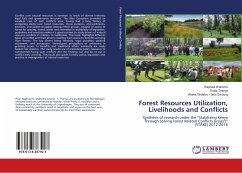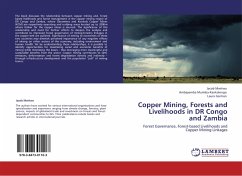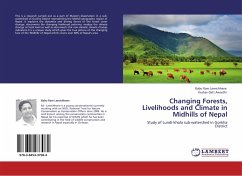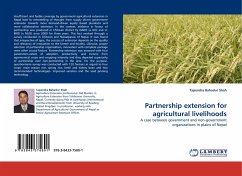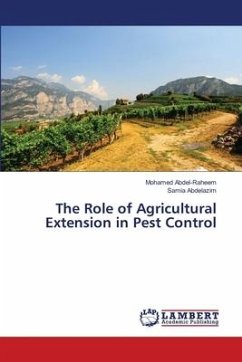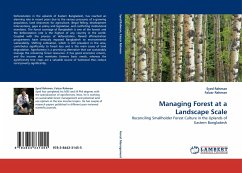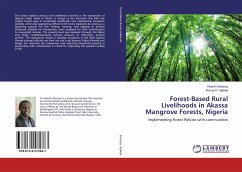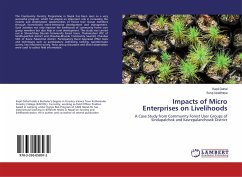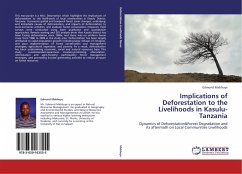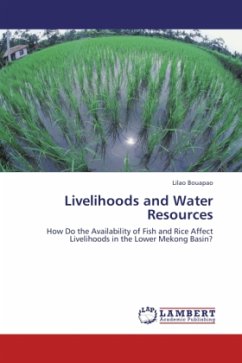
Livelihoods and Water Resources
How Do the Availability of Fish and Rice Affect Livelihoods in the Lower Mekong Basin?
Versandkostenfrei!
Versandfertig in 6-10 Tagen
52,99 €
inkl. MwSt.

PAYBACK Punkte
26 °P sammeln!
This book presents results of a study, which aims to contribute to our understanding of how availability of rice and fish affect peoples livelihoods in the Lower Mekong Basin (LMB). The 2009-survey that provides the basis for this study is the first of its kind. It was conducted simultaneously in four different countries in the LMB and used one common methodology. Respondents belonged to four distinct socio-economic groups: subsistence and commercial fishers as well as subsistence and commercial farmers. The study shows that peoples resilience as well as their dependence on rice and fish varie...
This book presents results of a study, which aims to contribute to our understanding of how availability of rice and fish affect peoples livelihoods in the Lower Mekong Basin (LMB). The 2009-survey that provides the basis for this study is the first of its kind. It was conducted simultaneously in four different countries in the LMB and used one common methodology. Respondents belonged to four distinct socio-economic groups: subsistence and commercial fishers as well as subsistence and commercial farmers. The study shows that peoples resilience as well as their dependence on rice and fish varies greatly, depending on which socio-economic group they belong to and where they live. If availability of both fish and rice decline at the same rate across the LMB cash income of at least one of the groups in each country will easily fall below the poverty line of one dollar per capita per day. Notably, that same decline in fish and rice will negatively affect the food security of all groups in all countries. Finally, due to variance in population size and livelihood activities the impact of declines in fish and rice will differ across the LMB countries.



